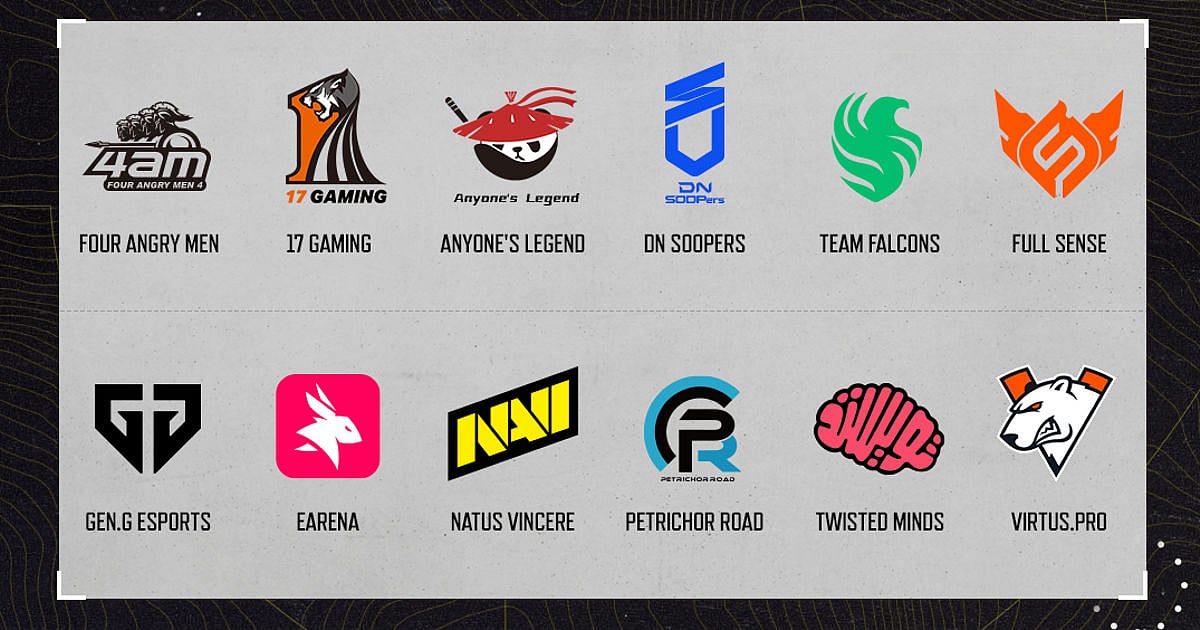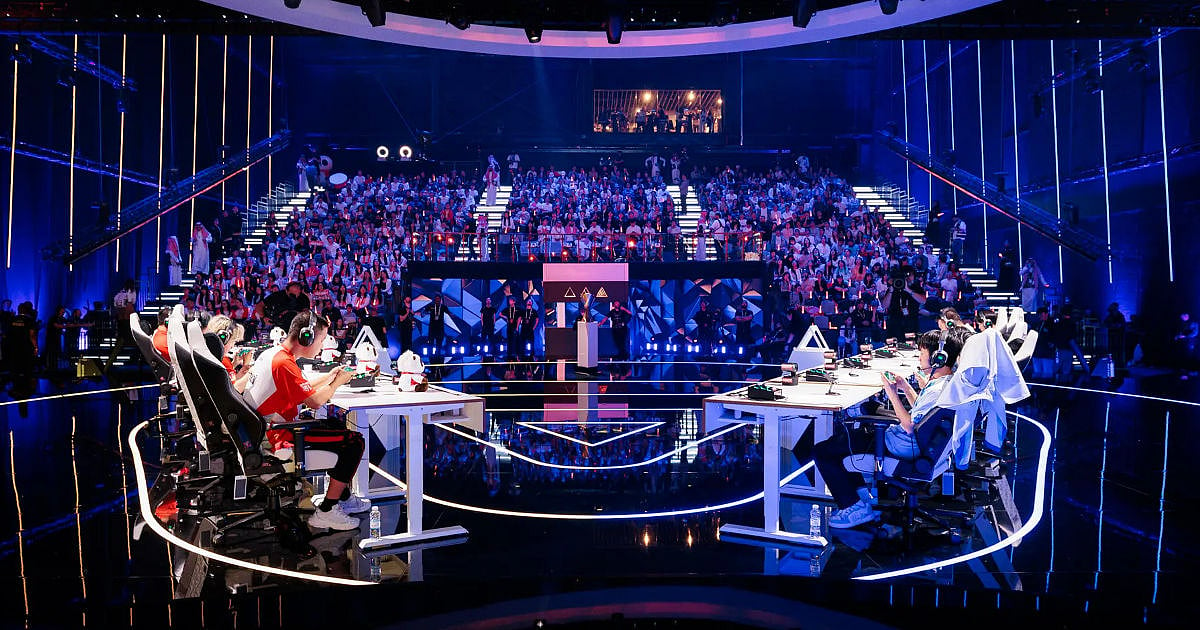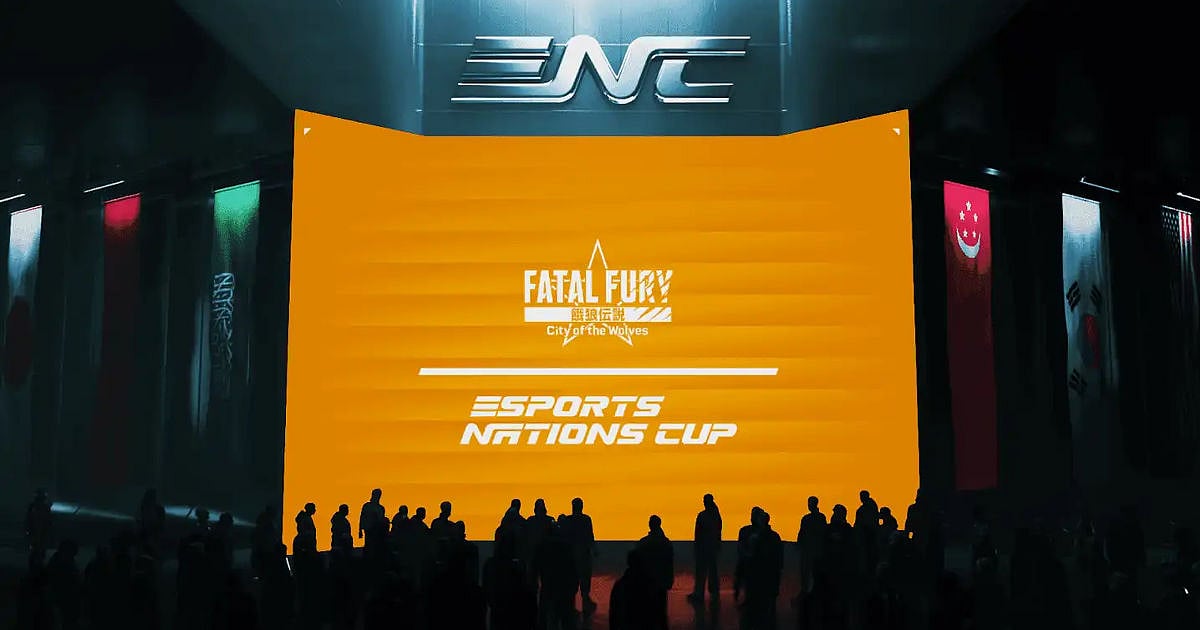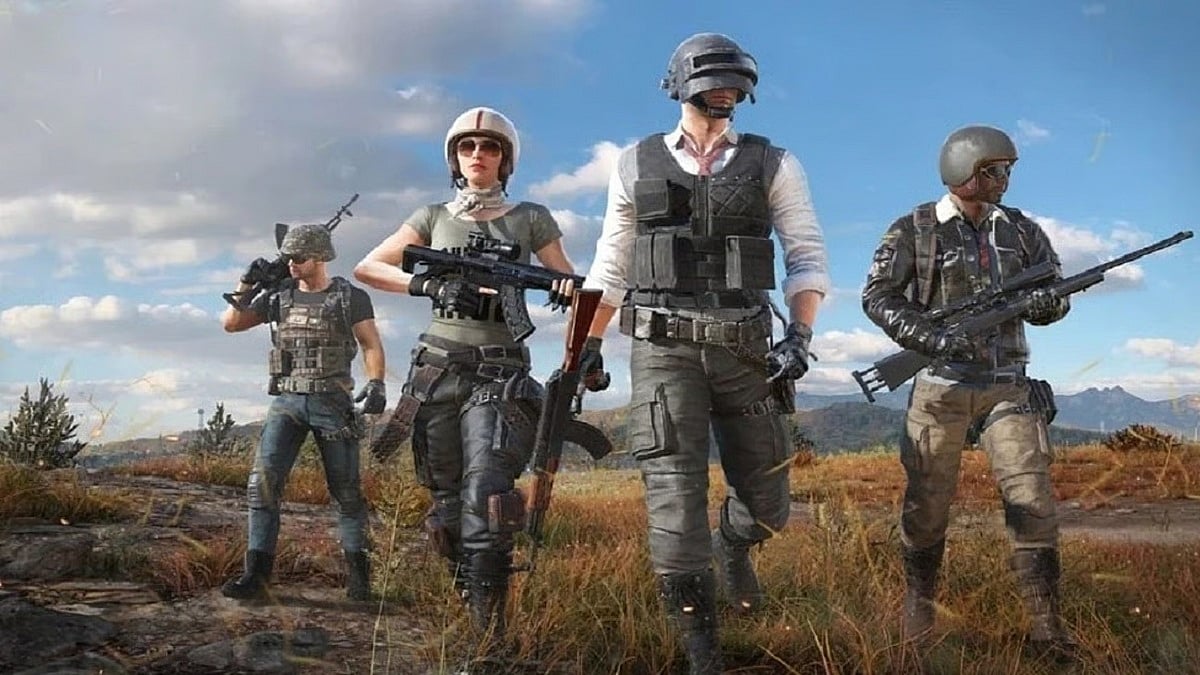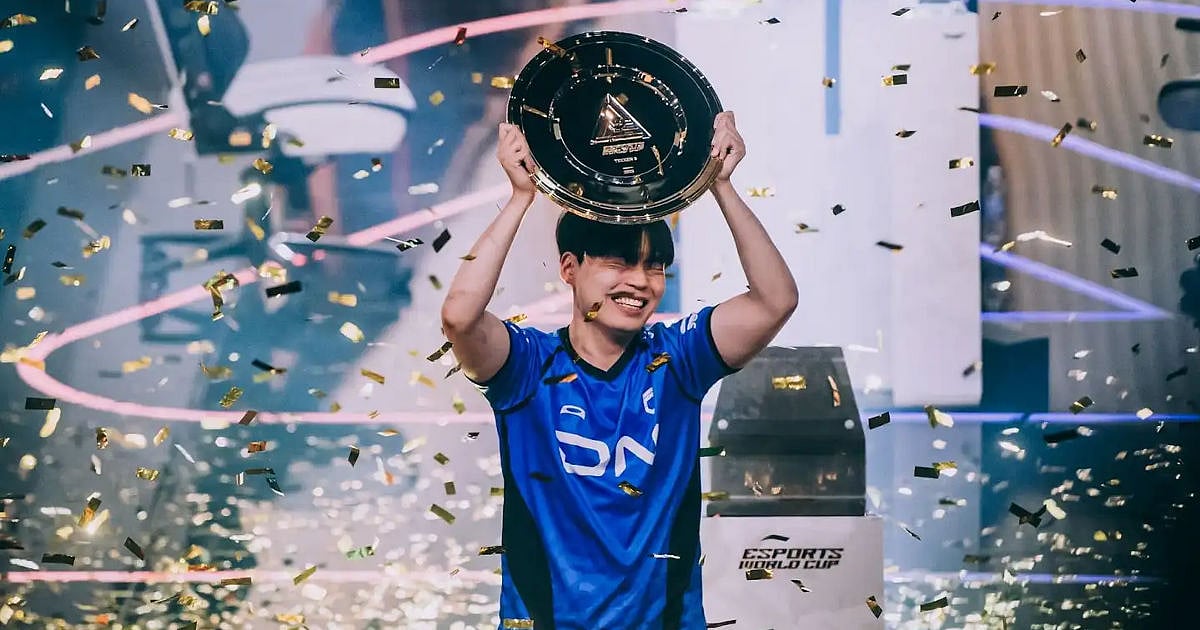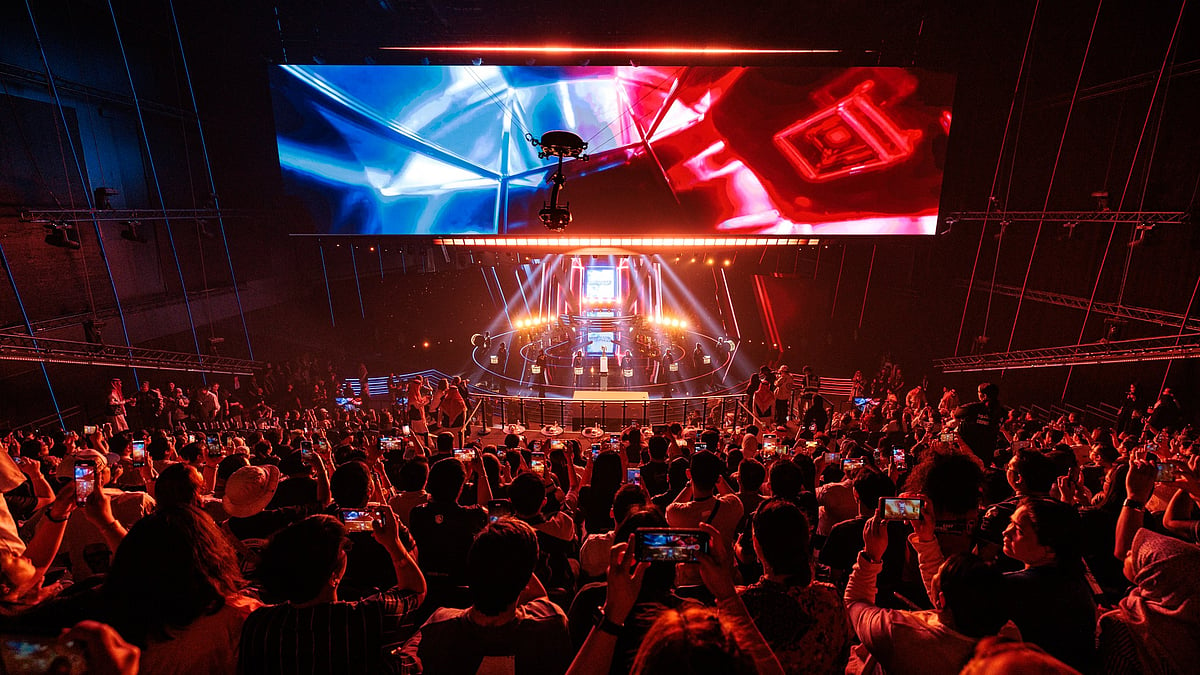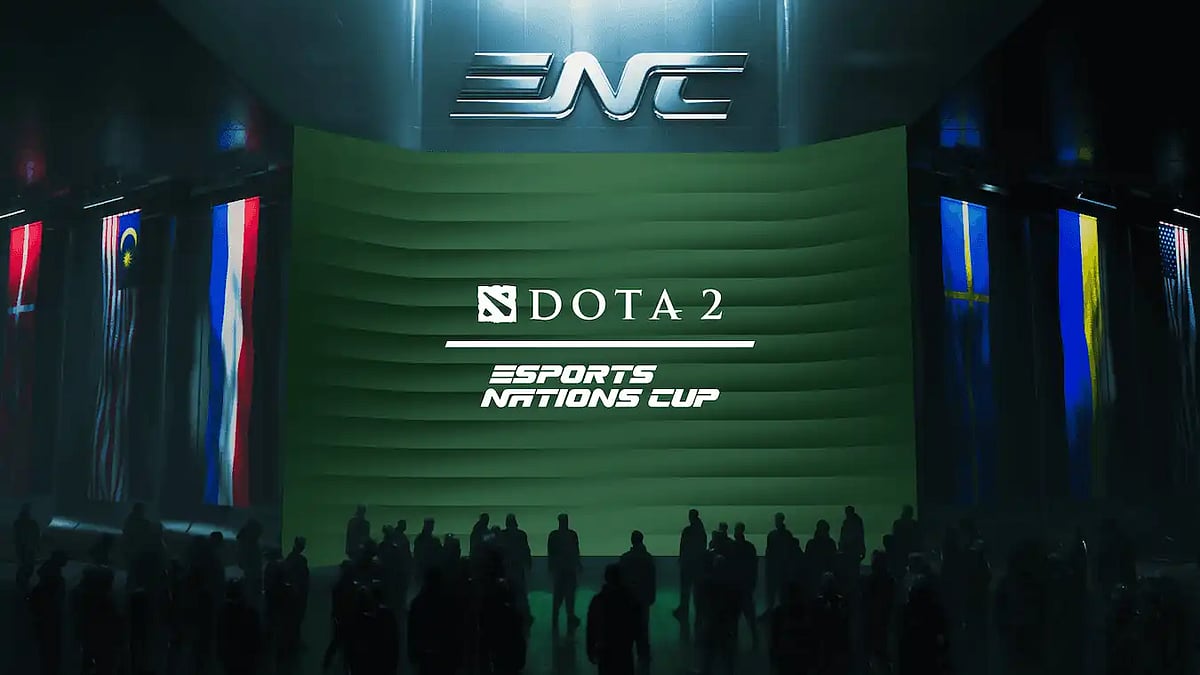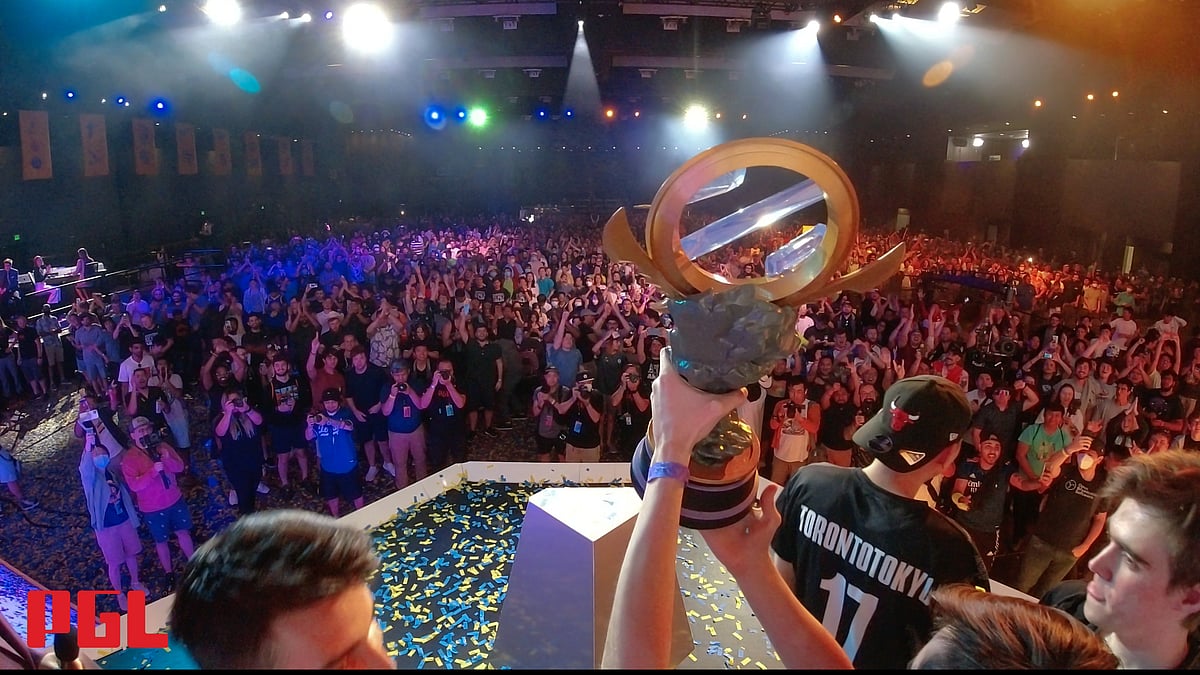
State of Esports in The United States
State of Esports in The United States
The U.S. has one of the world's largest gaming audiences, with 71% of the population engaging with video games, according to Circana. From casual mobile gaming to competitive esports, the country has shaped both the video game industry and competitive gaming.
The U.S. is home to major video game publishers including EA, Activision Blizzard and Epic Games. It also maintains a strong presence in major esports titles such as League of Legends, Valorant and Fortnite.
Gaming hubs like Los Angeles and Seattle host major events including PAX West, drawing thousands of fans. Esports has amplified this culture, with regional followings for titles like Call of Duty and Overwatch. The Overwatch League, featuring teams like the San Francisco Shock, peaked at 1.55 million viewers during the 2019 Grand Finals. The Call of Duty League's 2023 Championship Weekend drew capacity crowds throughout the event.
The U.S. has produced top-tier talent in gaming and esports. In League of Legends, players like Yiliang "Doublelift" Peng have inspired millions. Fighting game champion Dominique "SonicFox" McLean has claimed multiple EVO titles. In Counter-Strike, Jake "Stewie2K" Yip led Cloud9 to a historic Major win at ELEAGUE Boston 2018. Valorant has seen American stars like Tyson "TenZ" Ngo rise to prominence, with Sentinels securing the 2021 VCT Stage 2 Masters.
Beyond competition, the U.S. drives gaming innovation. Companies have invested heavily in game development and live-service models. In esports, TSM's $210 million FTX deal in 2021 marked a milestone for the industry, while platforms like ESL and FACEIT host world-class tournaments. The U.S. also leads in streaming, with platforms like Twitch, based in San Francisco, shaping global gaming culture.
Government Recognition
While no federal-level support exists for gaming and esports, government recognition has grown significantly through state and institutional initiatives. Since 2013, professional esports players have qualified for P-1A athlete visas, formally recognizing their competitive status as internationally recognized athletes and enabling foreign talent to compete in U.S. tournaments.
State-level support has expanded notably, with California allocating substantial funds for school esports programs in 2022, integrating competitive gaming into educational curricula. Texas and Georgia have implemented tax incentives and grants for gaming companies and events, contributing hundreds of millions in economic output while boosting local economies and attracting major tournaments.
The U.S. Department of Education endorsed esports as a valuable STEM education tool in 2023, encouraging K-12 schools nationwide to adopt esports programs to enhance student engagement, develop technical skills, and provide pathways to technology-related careers.
Education Initiatives
The United States has emerged as a global leader in integrating gaming and esports into educational settings. By 2023, over 8,000 high schools and more than 175 colleges offered varsity esports programs, reflecting rapid institutional adoption.
The National Association of Collegiate Esports (NACE) plays a crucial role, supporting over 600 schools through scholarships and organized competitions, helping students turn their passion into academic and career opportunities. In 2022, Riot Games established the Riot Scholastic Association of America (RSAA), a dedicated body providing mentorship and resources to aspiring esports professionals and educators. Platforms like PlayVS have made esports accessible by empowering high school students to participate in official, school-sanctioned leagues for popular titles such as Rocket League and Super Smash Bros.
Notable Esports Tournaments
The U.S. hosts premier gaming and esports events, including:
- Call of Duty League Majors and World Championship
- Intel Extreme Masters (IEM) Dallas
- Evolution Championship Series (EVO) for fighting games
- Rocket League Championship Series (RLCS) Raleigh Major
- ESL One Raleigh (Dota 2)
- VCT Game Changers and regional VALORANT events
Notable Esports Organizations
Major esports organizations in the U.S. include:
- Cloud9
- Team SoloMid (TSM)
- 100 Thieves
- Evil Geniuses
- Team Liquid
- FaZe Clan
- OpTic Gaming
- Sentinels
- NRG Esports
- Complexity Gaming
- Dignitas
- Atlanta FaZe
- New York Subliners
National Esports Associations and Federations in the U.S.
Several organizations serve as national associations and federations that represent and regulate esports in the United States. These bodies support competitive play, industry development, education, and advocacy.
Major National Federations and Associations
- United States Esports Federation (USEF)
Recognized by the International Esports Federation as the U.S. national governing body, USEF is responsible for selecting national teams to represent the country in international competitions and fostering competitive gaming at all levels. - United States Esports Association (USEA)
A nonprofit organization dedicated to advancing holistic and values-driven esports development across the country, focusing on accessibility, diversity, and youth engagement. - National Esports Association (NEA)
Guides school districts, colleges, and corporations in developing esports competencies and helps integrate esports into education and workforce pathways. - National Association of Collegiate Esports (NACE)
The only nonprofit membership body for colleges and universities with varsity esports programs, playing a leading role in collegiate esports structure, eligibility, scholarship, and competition. - North America Scholastic Esports Federation (NASEF)
The premier scholastic esports education organization, NASEF provides curriculum, tournaments, and workforce development, collaborating with major governing bodies for educational initiatives. - Esports Trade Association
Focuses on promoting business interests and development within the esports industry, connecting stakeholders through events and research.
Additional Notable Bodies
- American Video Game League (AVGL)
Organizes collegiate esports competitions and tournaments. - Electronic Gaming Federation (EGF)
Sanctions high school and college esports leagues nationwide. - Unified Esports Association (UEA)
Supports grassroots esports competitions and community events. - Black Collegiate Gaming Association (BCGA)
Advocates for diversity and inclusion in collegiate esports by supporting HBCUs and minority-serving institutions.
These organizations collectively foster player development, support educational initiatives, and strengthen the esports ecosystem across the United States

Author
Abhimannu Das is a web journalist at Outlook India with a focus on Indian pop culture, gaming, and esports. He has over 10 years of journalistic experience and over 3,500 articles that include industry deep dives, interviews, and SEO content. He has worked on a myriad of games and their ecosystems, including Valorant, Overwatch, and Apex Legends.
Abhimannu Das is a web journalist at Outlook India with a focus on Indian pop culture, gaming, and esports. He has over 10 years of journalistic experience and over 3,500 articles that include industry deep dives, interviews, and SEO content. He has worked on a myriad of games and their ecosystems, including Valorant, Overwatch, and Apex Legends.
Related Articles

